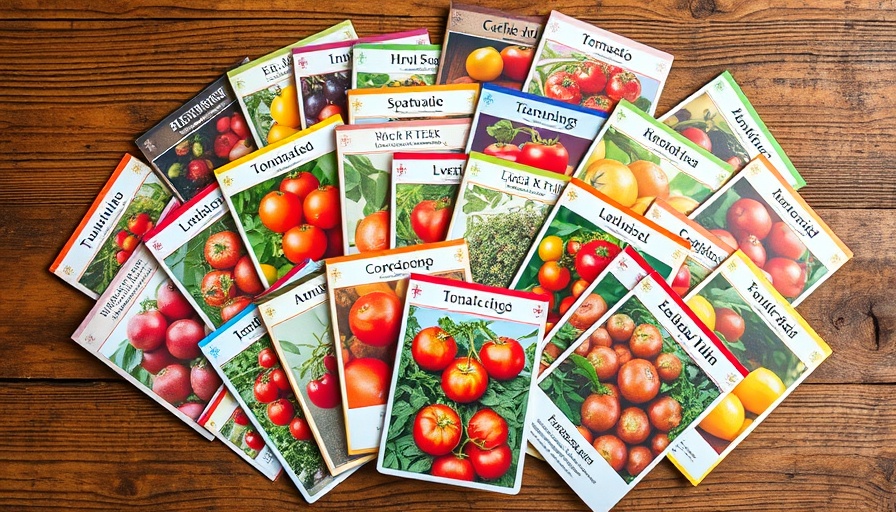
Empowering Mid-Michigan: Grant Funding for Local Agriculture
In a significant investment aimed at bolstering Michigan's agricultural landscape, the Michigan Department of Agriculture and Rural Development (MDARD) has announced over $3.8 million in grants directed toward local businesses and organizations. This funding initiative highlights the importance of supporting underserved communities while fostering value-added agricultural practices and strengthening regional food systems.
A Boost for Local Economies
These grants are part of a broader financial strategy incorporated into Governor Gretchen Whitmer’s bipartisan budget, ensuring that state investments remain unaffected by federal decisions. MDARD Director Tim Boring emphasized the positive impact of these investments—"We want everyone to know that Michigan is the best place for the food and agricultural industry to thrive." This commitment not only aids farmers but also invigorates local economies by creating jobs and enhancing food access.
The Real-Life Impact of Funding Recipients
Among the recipients are six local businesses within the TV5 viewing area, each poised to use funding effectively to improve their operations:
- Saginaw Community Food Club and Kitchen (Saginaw): $96,300 for improving food equity by providing access to healthy foods and nutritional resources.
- Amber Kischnick Farms LLC (Frankenmuth): $96,300 to implement a modern optical and metal sorting system to enhance processing capabilities.
- Campbell’s Creekside Farms, LLC (Owosso): $94,188 for opening a year-round farmers market that will offer locally sourced meat and produce.
- Tawas Wellness (East Tawas): $31,492 aimed at renovating their commercial kitchen to foster local value-added product development.
- Sheridan Acres (Ubly): $70,000 for expanding a processing facility to meet rising demand for specialty grains.
- Steaks & Cupcakes LLC (Ubly): $44,145 to introduce a delivery service that enhances food accessibility during this challenging time.
In total, these funding initiatives are expected to generate four full-time jobs along with 21 part-time positions, further underlining the critical link between agriculture, food access, and local employment.
The Future of Agriculture in Michigan
This proactive approach to grant funding signifies a strategic shift towards enhancing food systems that prioritize local needs. As the Michigan agricultural sector continues navigating challenges such as climate change and economic shifts, investing in local capabilities stands as a vital method for building resilience. The focus on underserved and value-added processing indicates a tailored strategy that not only meets current consumer demands but also sets the foundation for a sustainable agricultural future.
Encouraging Community Engagement
As these initiatives roll out, it is critical for communities to engage with local organizations and participate in programs that promote agricultural innovation. The effort to create a more equitable food system underscores the importance of collaboration across various sectors—maximizing the reach and impact of these grants.
Conclusion
As funding flows into mid-Michigan, the hope is that these projects will inspire other communities to pursue similar avenues for agricultural improvement. By harnessing local resources and ingenuity, Michigan can showcase its strength in the agricultural sector. For those eager to learn more about ongoing funding opportunities from the MDARD, check out the Underserved, Value-Added, and Regional Food Systems Grants website and get involved in shaping the future of food and agricultural sustainability in your area.
 Add Row
Add Row  Add
Add 




 Add Row
Add Row  Add
Add 

Write A Comment